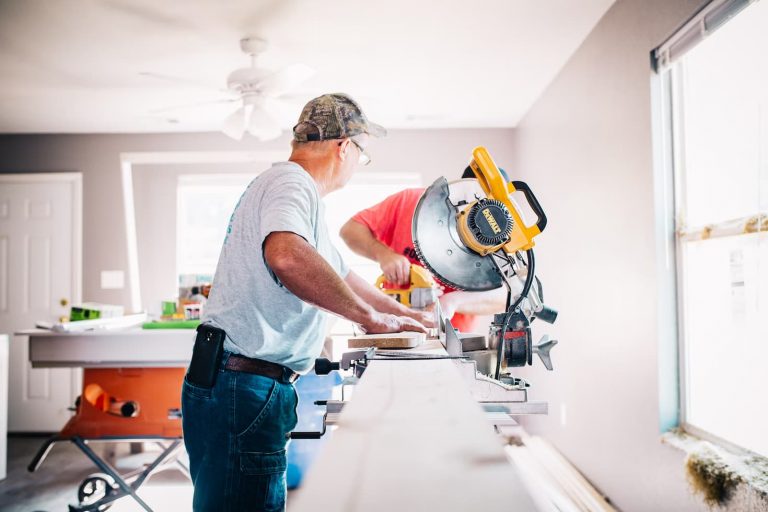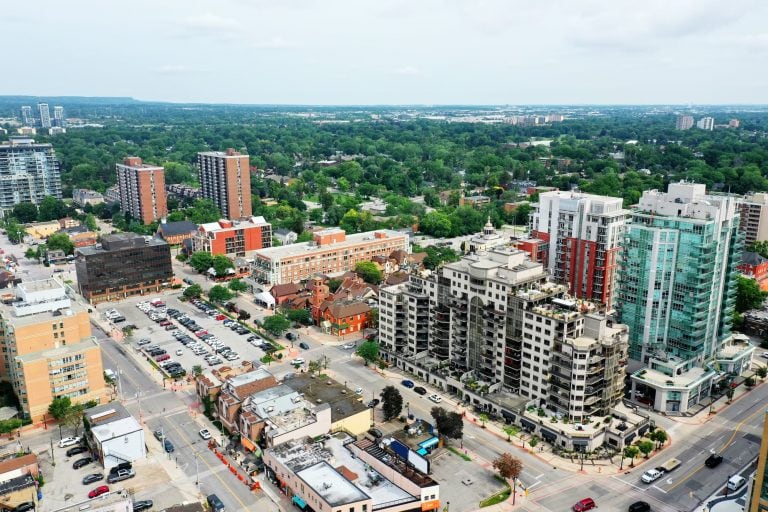If you die without fully paying off your mortgage, your mortgage will live on. Though you were responsible for that debt, it is based on your home, not on you. What happens to that mortgage after your death depends largely on the wishes and circumstances of whoever you pass that home to. If you bought Ontario real estate, that post-mortem mortgage process should be relatively easy. With that said, let’s get into what happens to your mortgage when you die.
What Happens To Your Mortgage If You Die With A Will?

This can take up to a few months after your death due to legal paperwork and death certificates. During that time, your mortgage payments still must be made. Who makes those payments depends on either who you named as your executor in your will, or who else owns your home. If you co-owned your home with your spouse, the mortgage will automatically pass to them, and the payments go on as usual. If you don’t co-own the home, and you didn’t write a will determining who will take over your estate, things get messy.
What Happens To Your Mortgage If You Die Without A Will?
In Canada, there are legal processes the state follows when you die without a will. Each province has a slightly different process, but here’s what they all have in common:
- If you die with no children but your spouse is still alive, they’ll get 100% of your estate.
- If you have a living spouse and children, the estate will most likely be split up between them, varying considerably from province to province.
- If you have no spouse and no children, your estate goes to your parents.
- In Quebec, if you have a spouse but no children, your parents will get ⅓ of your estate.
- If you have no spouse, children, or parents, your estate goes to your siblings.
- If you have no immediate family, the state will go on to your cousins, and so on and so forth.
The point is, somebody will wind up with your mortgage.
What Happens If Your Descendants Can’t Pay Your Mortgage?
If whoever winds up with your mortgage can’t make the monthly payments, or simply doesn’t want to pay the mortgage, they can sell the house. Chances are by the time you die you’ll nearly have paid off your mortgage, meaning you’ll have plenty of equity in your home. When that home passes to your spouse, your children, or your third cousin twice removed, they should be able to sell the home and pay off your debts with cash left over. For more information, check out our blog on the paperwork checklist for selling your home.
If you happen to die, and your spouse or descendants don’t want to move out and can continue making mortgage payments, that’s fine too. Bear in mind that when the current mortgage term runs out, and it’s time to refinance and negotiate, your lender may require your descendants to requalify for the mortgage. If they don’t have a steady income from a life insurance policy or an inheritance, then it might be hard for them to secure a favourable mortgage, and the lender might require the full sum of the debt all at once. Fortunately, they should be able to sell the house and pay off the debt, but why risk that headache? That’s why it’s important to have your affairs in order before you die.
How To Prepare To Pass On Your Mortgage
Write a will and keep it updated. Though, that will have to be probated in court (probating means the state verifies the legality of the will and makes sure all taxes are paid). It helps to have an attorney you can trust to deal with this business. Because even after you’re dead, complications with your mortgages can arise.
If for whatever reason, your executor or attorney fails to contact your lender and get your name taken off the mortgage or title to the house, your descendants will be left open to potential identity fraud because, without actual paper proof and documentation, it’s hard to prove that someone is legally dead. This kind of identity fraud is called ‘ghosting’. This is an unlikely, nightmare scenario but still something to be aware of.
If, for whatever reason, you don’t want to write a will, at least make sure you know where your paperwork is (i.e your insurance policies, mortgage agreement, etc.) so that your descendants/executors can easily access the information they’ll need to deal with your existing mortgage.
What Happens To Your Mortgage When You Die
Though you won’t be around to see it, you can take steps to decide the fate of what happens to your mortgage when you die. If you co-own your home with your spouse or plan to pass it on to your children, talk with them about what they can expect with the payments, or how they can get in touch with a real estate agent if they want to sell. It’s better to make a plan while you’re still alive than leave your loved ones guessing when you’re gone.















